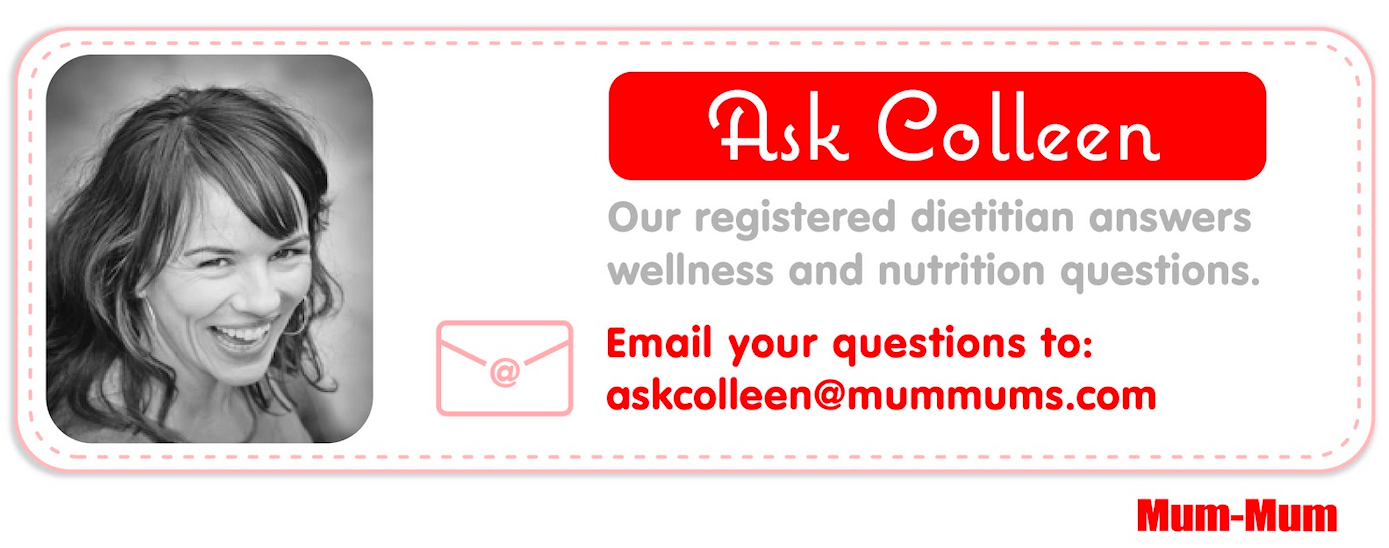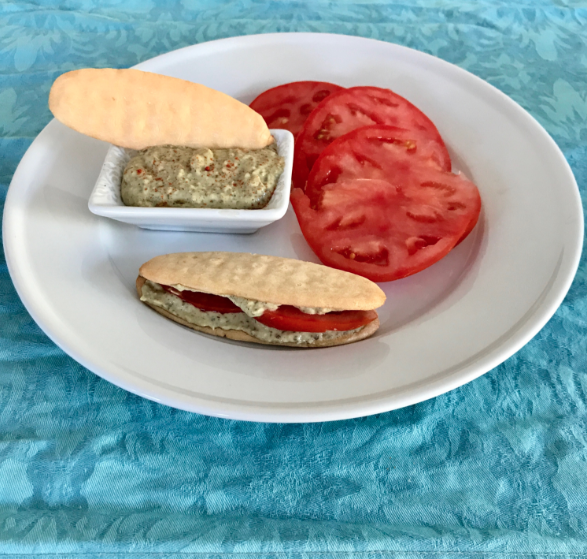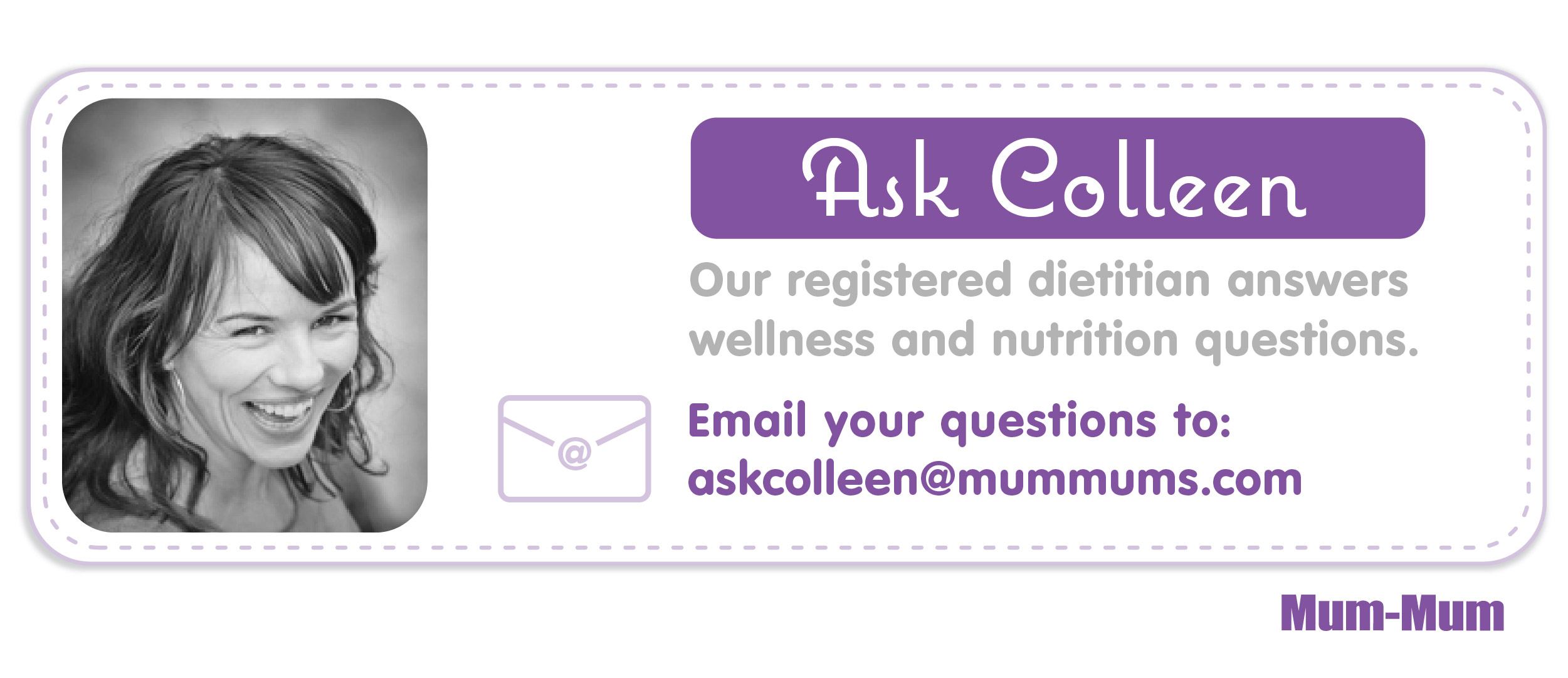The number of vegetarian children has steadily been climbing and may be even higher as CDC researchers speculate teens are even more likely to be vegetarian as they make more of their own food choices. Whether it’s been a family resolution to eat less meat, or you are a vegetarian family with a young child, it brings up interesting questions: can a child eat healthy as a vegetarian? How do you feed a vegetarian child healthfully?
The real answer is there is no right answer; it is a personal choice as well as personal preference. The presence of meat or lack thereof should be secondary to an already well-balanced diet of whole grains and legumes, along with plenty of fruits and vegetables. According to the American Heart Association, a vegetarian diet can lower the risk of heart disease, obesity, diabetes, and certain types of cancer. If your child does not eat meat, bear in mind that with the elimination of any food group you have to be conscientious about what they are willing to eat.

Protein
One of the first thoughts for many people when switching to a vegetarian diet is ensuring adequate protein intake. The truth is that the majority of Americans -vegetarian or not- consume more than enough protein. Protein is in every living thing from greens to grains, not to mention dairy products, nuts, and seeds. There are incomplete proteins, however, meaning they lack a few of the essential amino acids. Humans can make some amino acids (the building blocks of protein) but others must come from daily diet. Plan meals based on complimentary proteins: foods that when eaten in together provide a complete set of essential amino acids. Complimentary proteins do not even need to be eaten in the same meal, just in the same day. For example grains, beans, legumes are incomplete without each other. Beans and rice or hummus and crackers make complete proteins as well as delicious meals and snacks.
Nutrients
Almost all of the vital nutrients abundant in meat can be found in other foods but in much smaller doses. If you or your child is newly vegetarian, it is important to be mindful of consuming vegetarian sources of these nutrients every day:
Iron
Enriched grains, blackstrap molasses, dried beans, tofu, dried fruits, dark leafy green vegetables, and eggs
B12
Predominantly animal food based, B12 can be found in dairy products, fortified non-dairy milks like soy, and nutritional yeast which is similar in flavor to parmesan cheese
Vitamin D
Fortified non-dairy milks and orange juice, fish, and exposure to sunshine
Zinc
Pumpkin seeds, chickpeas, dried beans, lentils, cheese, yogurt, nutritional yeast, whole grains, nuts, and nut butters.
Diligence
All in all, a vegetarian diet can be very healthy even for children as long as parents remain diligent and mindful of adequate intake of key nutrients by providing a well balanced diet. An informed registered dietitian or other health care professional can assist in making sure your vegetarian child is getting all the nutrients they need.









Great article, thank you for this!